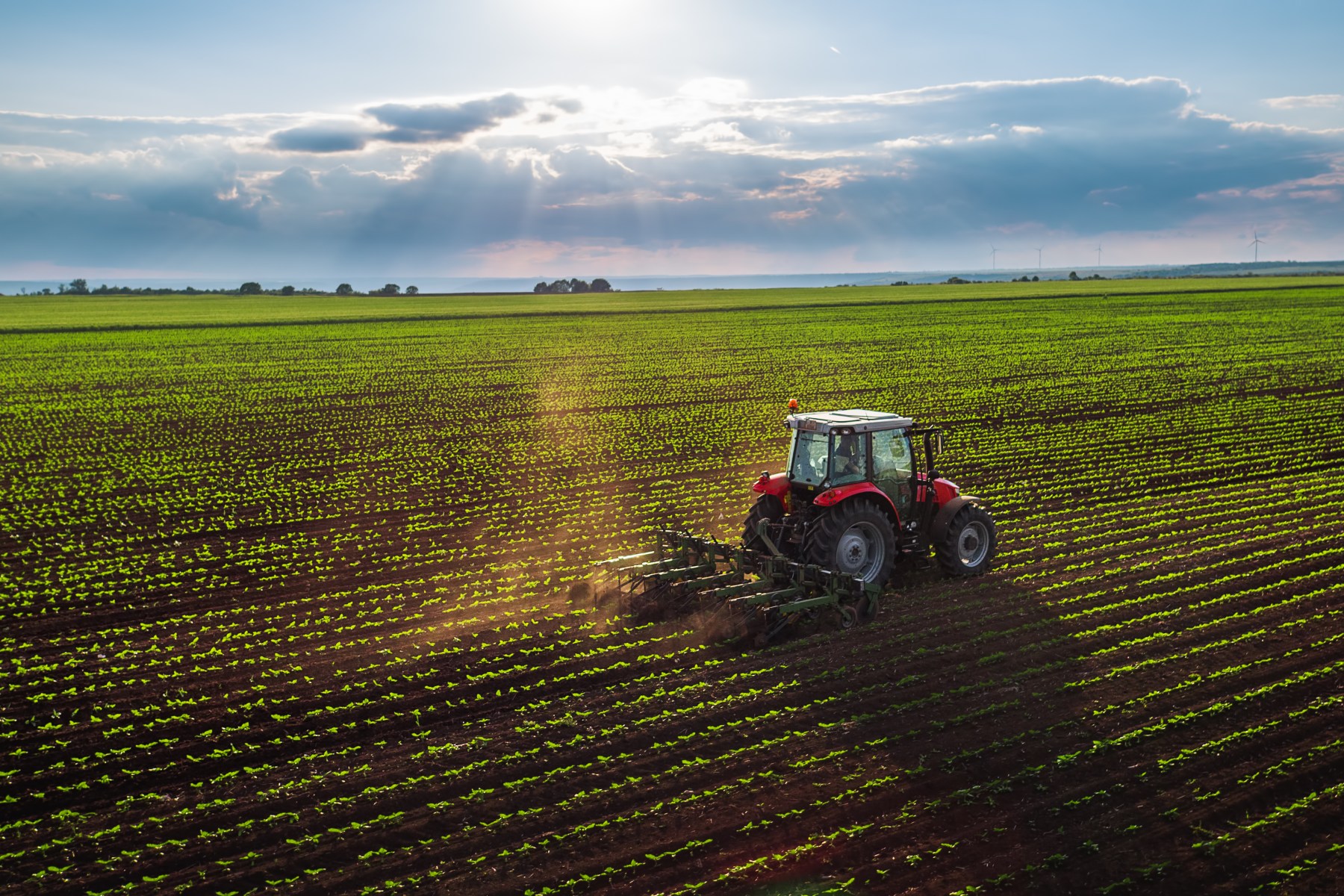Calling 811 before starting any digging project is important whether you are planting a tree in the city or plowing a field in the country.
It’s especially important for farmers and ranchers to call 811. Farm equipment is getting more powerful and can dig deeper. At the same time, erosion and terrain modifications can reduce the soil covering an underground pipeline. That’s why it’s critical to contact 811 before plowing, ditching, fencing, installing drain tile, clearing land or other excavation type activities.
It’s not just a good idea, it’s the law, said Erik Rinehart, damage prevention and public awareness specialist at Williams. Williams notifies landowners of this obligation through public mailers, face-to-face meetings, digital ads and emails.
He said that for excavation on pipeline rights of way, Williams representatives must be present.
“We work with whomever is performing the work to make sure they are safely avoiding the pipelines, or that they can work around the lines safely.”
After a close call last year, Idaho farmer Jared Giles said he calls 811 before digging to protect his land and his family.
“I had asked my son-in-law to do some trenching and we found out later from Williams that we went right over the top of a pipeline,” he said. “It opened my eyes that he could have been hurt or killed. We can’t get in a hurry and rush. Safety is too important.”
Farmer Justin Wootan said he calls 811 before any digging. Like Giles, his family uses deep tillage activities in farming crops such as potatoes and sugar beets.
He said he tells his neighbors to always contact 811 to avoid accidents or damage that the landowner may be responsible for paying. Damage also would mean delays in his field work or excavation.
Farming accidents involving pipelines and utilities occur nearly three times every day, according to FarmSafe811.org.
It’s important to never assume the location or depth of pipelines or underground utility lines. Pipeline markers indicate the general, but not precise, location of pipelines or utility lines.
Anyone digging, not just farmers, should contact 811 at least two or three days before excavating. It’s required for any project, including installing a mailbox or planting shrubs.
When you call, your state’s One-Call center answers and notifies the appropriate utilities of your intent to dig. Within a couple of days, a professional line locator will arrive at the digging site and mark the locations of underground lines with flags, spray paint or both.
You also can use Call811.com as an online resource to request line location services, find state laws and other safe-digging information.
It’s a free service that ensures safety and prevents outages that may occur if a line is damaged.
“Many landowners are unaware of the potentially dangerous utility lines, such as gas and electrical, that are buried underground on their property,” said Christine Wendelsdorf, Emergency Management Coordinator for the Canyon County, Idaho, Sheriff’s Office. “First responder agencies and utility companies collaborate to promote the importance of safe digging in our communities. Calling 811 is a simple yet important tool for keeping our communities safe.”
